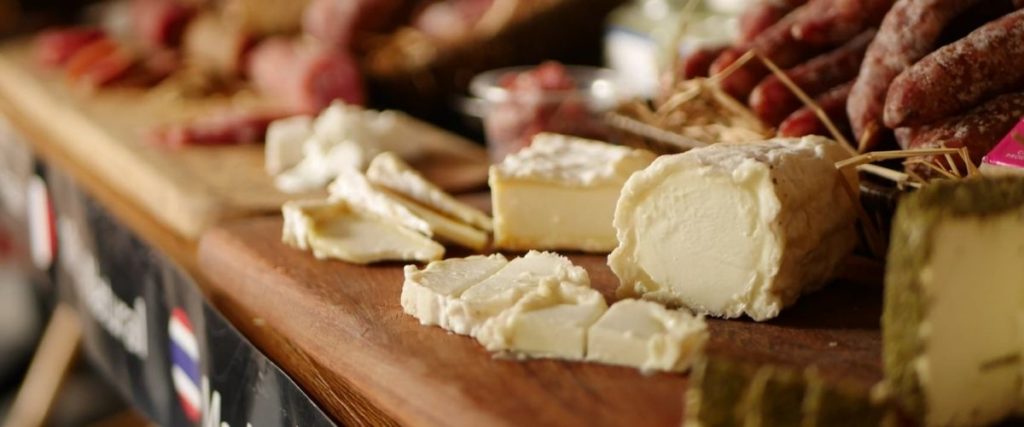Introducing foreign products to a local market can be a challenge. Bangkok-based foodie and entrepreneur Nicolas Vivin is taking it one step further, asking local Thai producers to turn their hand to traditional French delicacies.
Thailand might not seem like the obvious place to be producing French charcuterie or fromage de chèvre, but that hasn’t stopped Nicolas Vivin, a 36-year-old French entrepreneur and cuisine enthusiast, from launching his specialty French food venture Vivin in Bangkok. With the dual focus of producing French delicacies in conjunction with local Thai producers whilst also promoting responsible sourcing and sustainability practices, he hopes to show that the best cuisine doesn’t need to come at a great cost to the local landscape. Nicolas sat down with Hive Life to tell us how and why.
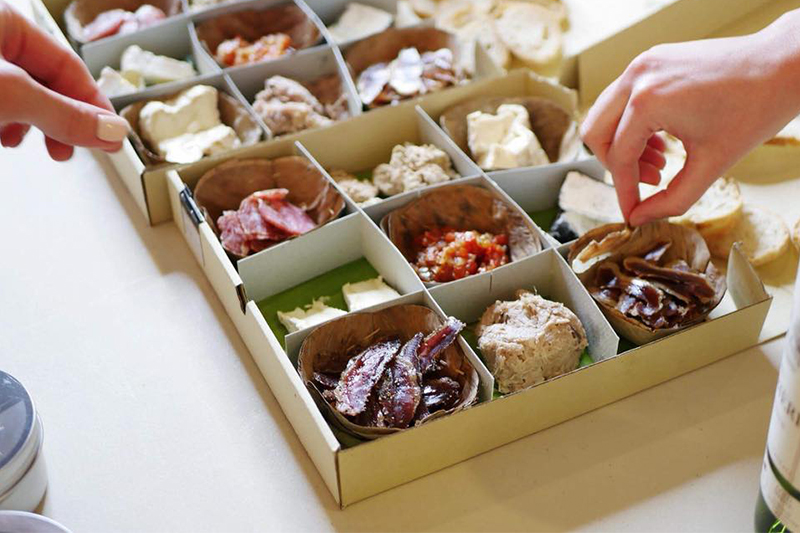
Growing up in Roanne, eastern France, home-cooked food and refined tastes have always been a central pillar of Nicolas Vivin’s life. Through a subsequent career working in hotels across southeast Asia including the iconic Mandarin Oriental Hotel in Bangkok, he never lost touch with the art of creating great experiences from traditional French food. After five years studying hotel management at Switzerland’s Lausanne Hotel School, he booked his second trip back to Thailand. With his years of formal training, he ventured into the startup world with Vivin, becoming a purveyor of classic French foods made locally in Thailand. “Entrepreneurship was something I’d always had in the back of my head,” he explains of the leap. “I wanted to be in control of my own destiny.”
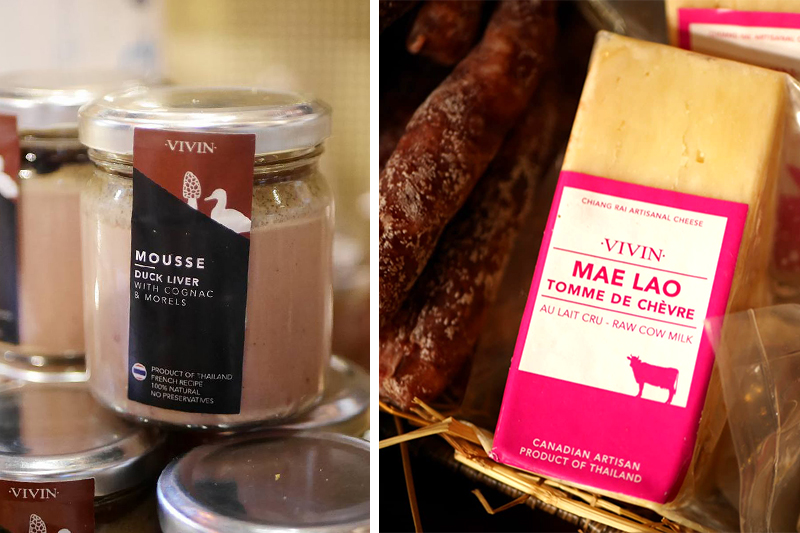
The positive response Nicolas and his wife Samatha Proyrungthong received when they first sold foie gras terrine at Bangkok’s Farmer’s Market convinced them their idea was one worth exploring. Officially launching Vivin in 2013, they wanted their brand to be centred on the two tenets of authentic flavours and minimal waste production. Nicolas explains, “At the time, foie gras terrine was not a popular item in Bangkok. I wanted to bring a little bit of France to Thailand, share my passion and connect with the local market.”
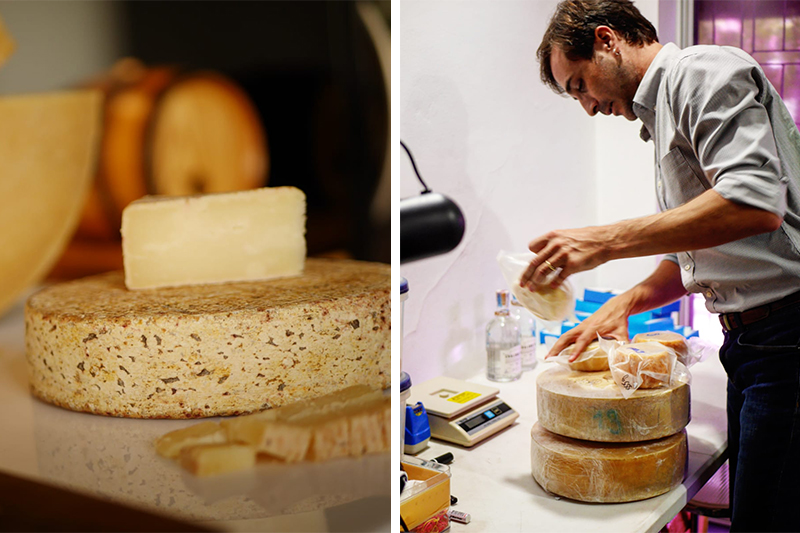
With a focus on sustainability and local production, the couple started out experimenting in their kitchen to create recipes authentic in flavour but which also allowed local producers to gain knowledge and income. “I want to help my producers get enough volume to sustain their businesses,” says Nicolas. “It’s an extraordinary position to be in that I am able to do this. It’s also something we should expect from large corporations such as hotels and restaurants. There are other ways to cut costs without harming local producers or the environment. Ideally, producers should do business directly with the final buyers.” As an example, Vivin works with local producers in Chiang Mai and Chiang Rai to make all their cheeses. “Some specific products such as caviar are imported from Italy,” Nicolas admits. “But I try to work with locals as much as possible. Our foie gras is a mixture of local and imported ingredients such as roasted pepper from Cambodia or artisanal Thai rum from Phuket.”
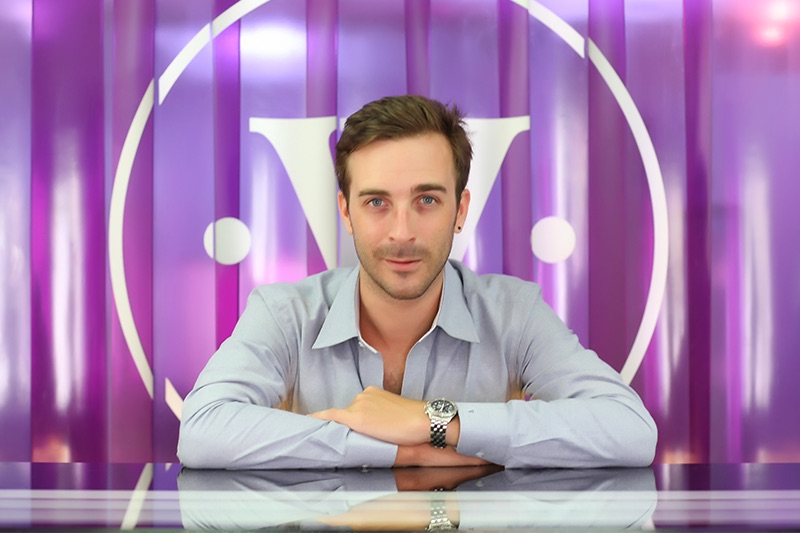
In addition to this focus on sourcing locally, Vivin also constantly evaluates its effects on the environment. “All our boxes are zero plastic and biodegradable. Their lids and caps are made from banana leaves and all our eating utensils are made from wood.” His wife Samantha adds, “The reality is that this general trend of sustainability and supporting local producers ceases to be sustainable in itself if the business is unwilling to make sacrifices. I understand that it’s not easy to have 100% local products, but that is not what we are suggesting. Yes, it is difficult in the beginning, but if businesses are willing to spend a little extra to support their long-term goals then we will get closer to the bigger picture. It would be nice to see it really happening rather than just having it as a trend.”
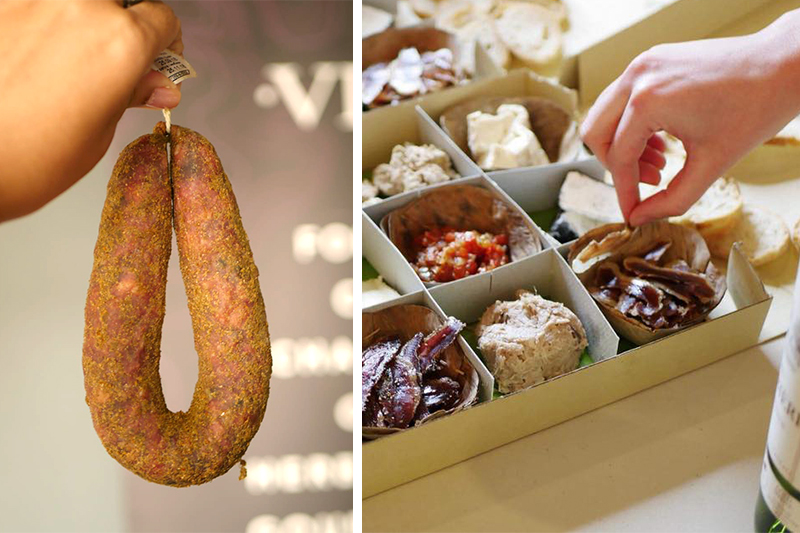
Today, Vivin is known as one of Bangkok’s finest straight-to-your-door services for speciality foods including cured meats, cheese, chutney, caviar, foie gras, organic fruit, and vegetables just to name a few, with a mix of Thai and expat customers. They also provide products for Bangkok’s leading hotels, restaurants and gourmet retail stores. “Our passion is to introduce unique Thai recipes to French products. We currently have Laab-flavoured dried sausage and we’re looking to be more creative with our products in the future,” says Nicolas. Alongside a plan to establish a presence in neighbouring countries such as Myanmar, Vietnam and Laos, he is determined to spread his message of sustainability one delicious morsel at a time.
Related Articles
David Thompson, The Australian Maestro of Thai Cuisine
Raising the Bar with Thai Liquor
Happy Earth Farm: The Thai Farm Making Edible Organic Body Products
